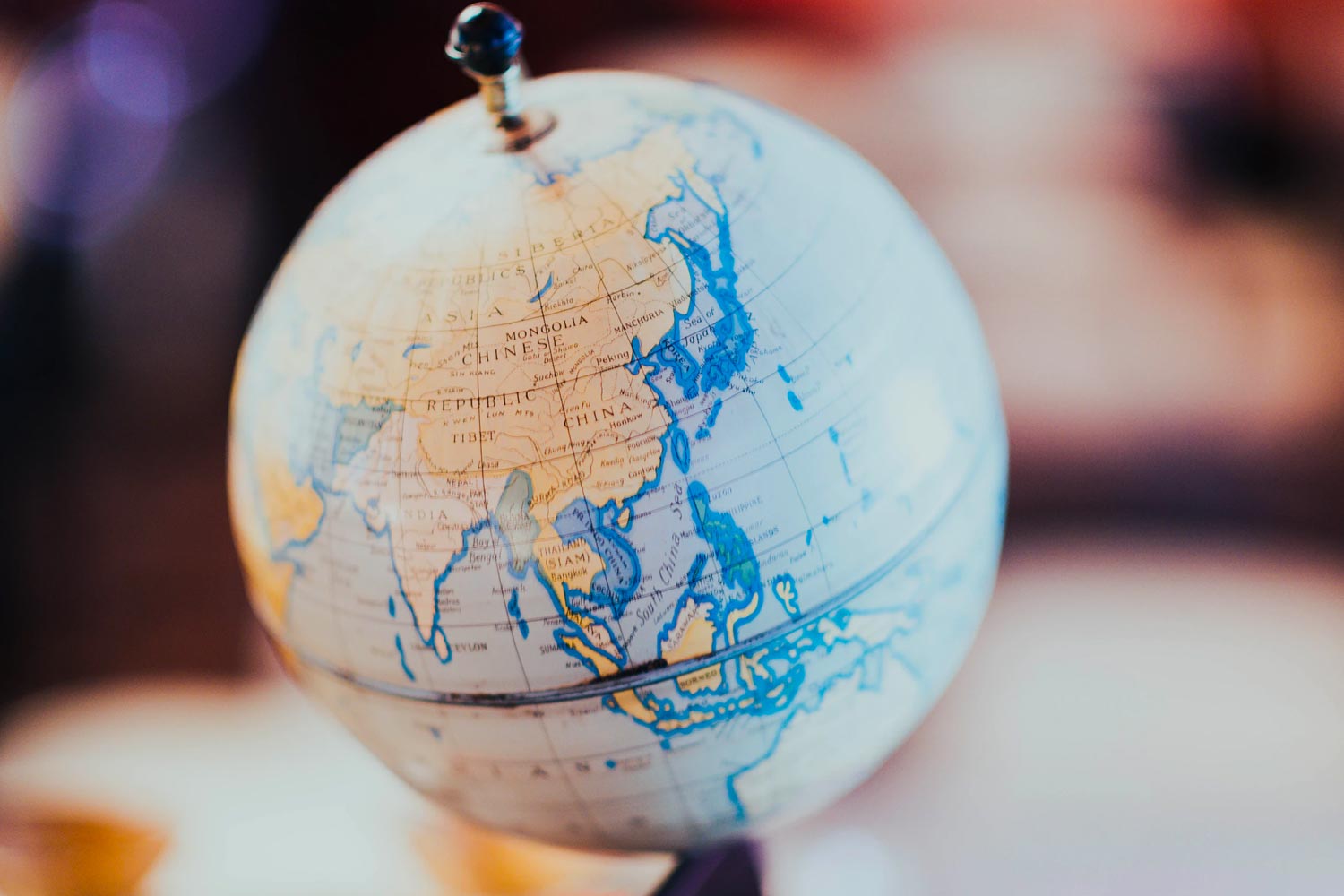We often talk about the term – Global. From experts to amateurs, global is a word which, in fact, is used globally. And with the term global, comes another related word that signifies the world today – GLOBALISATION.
Previously, a layman didn’t know the meaning of the word. Globalisation is simply the connection between different parts of the world, resulting in the expansion of international cultural, economic, and political activities. It is the movement and integration of goods and people among different countries. There are advantages and disadvantages of globalisation, all of which have economic, social, political, and cultural impacts.
In a country like India, where 65% of the population dwell in rural areas, explaining the term globalisation was impossible. But the rise of of the Coronavirus pandemic has made people aware, across every class and region, that a virus source which is believed to have started from a “wet market” in Wuhan, China, can and has affected 202 countries.
The disease, which became known as coronavirus disease 2019 (COVID-19), spread and developed into a worldwide pandemic in less than 40 days. An illness that infected one, in a place like China on December 27, 2019, has affected almost 9 lakh people in 90 days killing over 44,000 victims. The speed of the spread of COVID-19 in itself is a testimonial to the fact that we are now living in a highly compact and globalised world.
For the longest time, during an outbreak such as this, the developed countries usually stood strong. In the case of COVID-19, however, it has impacted all and sundry and has rapidly become a matter of great concern. The policymakers and experts are working day in and day out to resist this virus. Medical scientists, researchers and specialists are working rigorously to find a vaccine and prevent it.
The coronavirus pandemic is having destructive repercussions for corporations and businesses that have benefitted from economic interdependence supported by cross-border supply chains. And China is the world’s most extensive production base that lies at the heart of many supply chains. Since the outbreak of the coronavirus, many companies that were dependent on China have been hit hard. Meanwhile, the tourism sectors of South Asian countries, including India, that has profited from the massive influx of tourists in recent years have been severely impacted by lockdowns across borders. These signs are vital to deduce that the economic front of developing countries is going to take a hit for a significant amount of time. The same goes for the developed countries.
There are two sides to the globalisation coin. On the negative side, though, it can cause global disparities, enable international terrorism and cross-border crime, and allow a rapid spread of the disease. Like the SARS outbreak in 2003. Still, compared to the start of this century, the cross-border movement of people has increased dramatically, and the speed of the spread of this novel coronavirus has been of an entirely different order. About 1.5 million NRI have returned to India within one month of the COVID-19 outbreak. This alone is an example of the affluence of cross border settlement of people due to globalisation.
On the positive side, the cross-border flow of people, goods, money and information creates new wealth and opportunity. All said, there is still a certain amount of stability in the economy because of the advancement of technology, which is a by-product of globalisation. But to precisely explain the global economic position of the world, we have to wait till the world completely resists the virus globally, putting an end to it!



Get Social